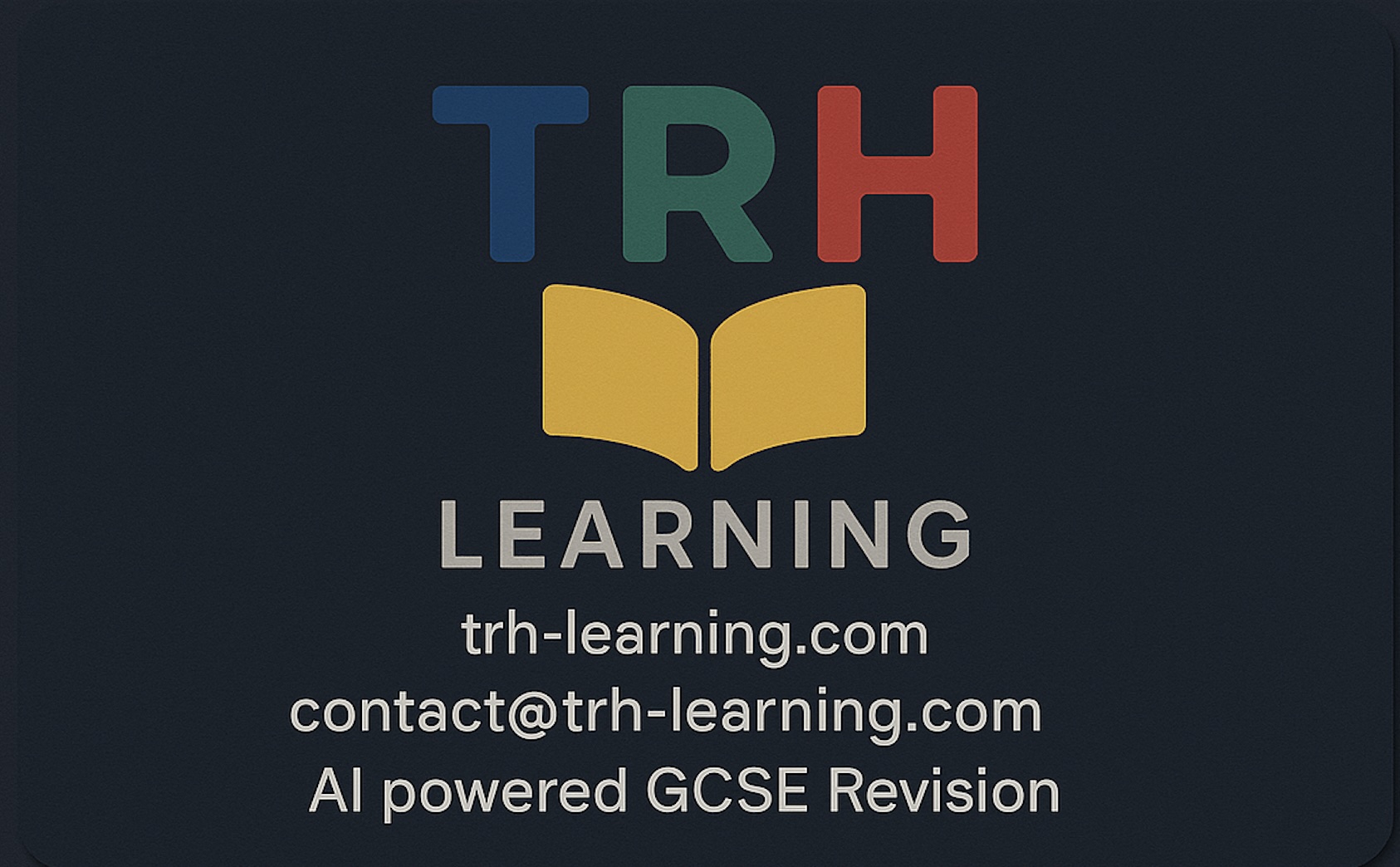Your brain is lying to you: Why your current GCSE...
Why your current GCSE revision is failing.
Title: "Uncovering the Truth: Why Your Current GCSE Revision Strategy is Failing You"
Introduction: As GCSE exams approach, students often find themselves buried under a mountain of textbooks, notes, and flashcards in a desperate attempt to cram as much information as possible. However, despite their best efforts, many students still struggle to see the desired results in their exams. The reason? Your brain may be playing tricks on you, leading to ineffective revision strategies that hinder your success.
In this blog post, we will delve into the science behind how our brains process and retain information, and why traditional revision methods may not be as effective as we think. By understanding the cognitive processes at play, we can optimize our revision techniques to improve retention and ultimately achieve better results in our GCSE exams.
The Myth of Passive Learning: One common misconception among students is the belief that simply reading through notes or textbooks is enough to retain information. However, research has shown that passive learning, such as re-reading or highlighting, is not an effective way to encode information into long-term memory. Instead, active engagement with the material is key to solidifying learning.

The Power of Retrieval Practice: One of the most effective revision techniques is retrieval practice, which involves actively recalling information from memory. This process strengthens neural connections and improves long-term retention, making it an essential tool for successful revision. By testing yourself on the material regularly, whether through practice questions or flashcards, you can enhance your memory recall and better prepare for exams.
The Importance of Spaced Repetition: Another crucial aspect of effective revision is spaced repetition, which involves revisiting information at intervals to reinforce learning. Research has shown that spacing out study sessions over time leads to better retention compared to massed practice. By incorporating spaced repetition into your revision schedule, you can optimize your learning and improve your chances of success in your GCSE exams.
Conclusion: In conclusion, your current GCSE revision strategy may be failing you due to the limitations of passive learning and ineffective study techniques. By understanding the cognitive processes involved in memory retention and implementing active revision methods such as retrieval practice and spaced repetition, you can enhance your learning and improve your exam performance. Remember, your brain is a powerful tool – use it wisely to unlock your full potential in your GCSE exams.